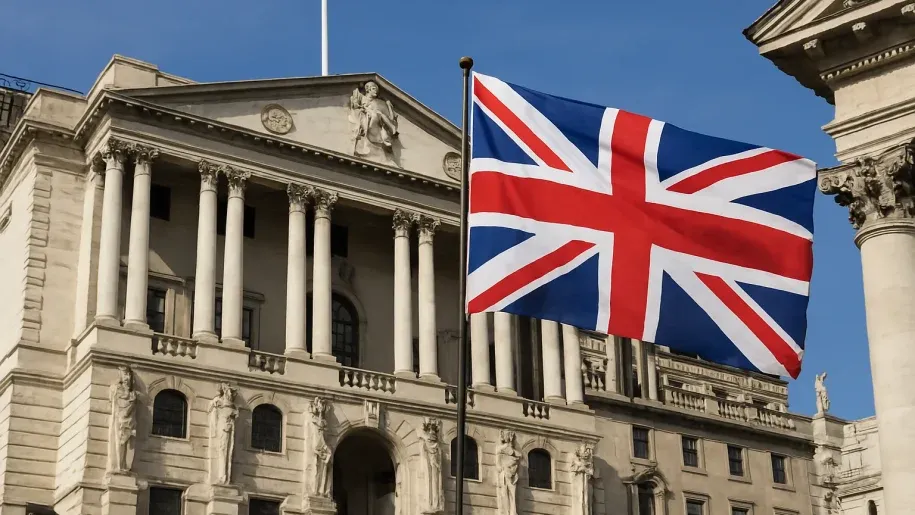UK Introduces Strict Crypto Reporting Rules in 2026, Sparks Privacy Concerns Amid Regulatory Push

The United Kingdom is gearing up to enforce stringent cryptocurrency reporting requirements starting January 1, 2026, a move that aligns with global efforts to regulate digital assets but raises questions about user privacy.
Under these new rules, all crypto digital asset service providers, whether based in the UK or serving its residents, must collect and report detailed user and transaction data. This includes legal identification, addresses, tax ID numbers, and precise details of every crypto transaction, covering assets from stablecoins to staking rewards. Modeled on the global Crypto Asset Reporting Framework (CARF), the initiative aims to boost transparency, standardize tax information sharing, and curb tax evasion. However, the extensive data collection has drawn comparisons to Know Your Customer (KYC) protocols in traditional finance, prompting concerns about how it might encroach on personal privacy.
The regulations mirror KYC in their demand for comprehensive personal information, much like banks require to verify identities and monitor transactions. For crypto users, this could mean surrendering a level of privacy that has long been a hallmark of digital currencies. The requirement to link tax ID numbers and addresses to every transaction could expose sensitive details, potentially making users wary of how their data is stored, shared, or protected.
While the UK’s tax authority emphasizes that the rules are designed to align cryptocurrencies with the oversight of conventional finance, critics argue that the breadth of data collection risks abuse and overreach, and is susceptible to hacks and data leaks, as seen recently with the massive Coinbase customer data leak. Firms face fines of up to £300 per user for inaccurate or incomplete reports, adding pressure to gather as much information as possible, which could further amplify privacy concerns.
Stay In The Loop and Never Miss Important Crypto News
Sign up and be the first to know when we publishBalancing Oversight with Privacy Protections
The UK’s approach diverges from the European Union’s Markets in Crypto Assets (MiCA) framework by embedding crypto oversight within existing financial laws, offering flexibility but still adhering to international standards.
This positions the UK as a potential hub for crypto businesses seeking clarity and global compliance. Yet, the privacy implications remain a sticking point. The new rules centralize data with firms and regulators, raising questions about data security and potential misuse. The government has signaled openness to innovation, with plans for a cross-border digital assets sandbox with the US, but has not yet detailed specific safeguards to address privacy fears.

